Pakistan's first human milk bank 'closed' after fatwa from religious scholars
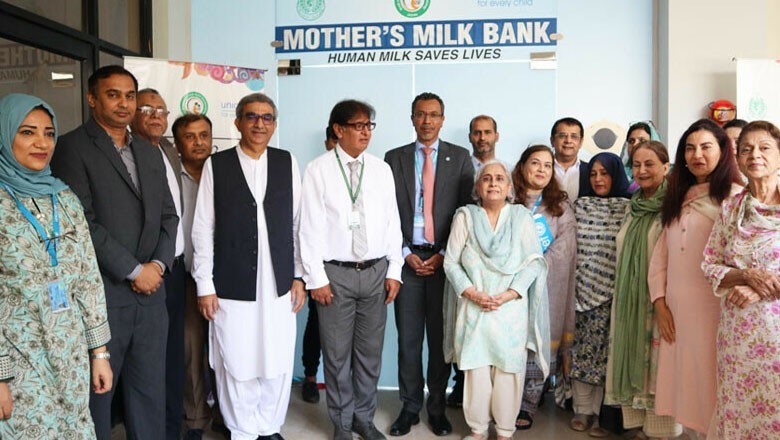
Web Desk
|
22 Jun 2024
Pakistan's first human milk bank in Karachi was closed after clerics issued a religious edict (fatwa) against the initiative, the Sindh Institute of Child Health and Neonatology (SICHN) said on Saturday.
SICHN told the local newspaper that the human milk bank was established after receiving approval from Darul Uloom Karachi. However, the seminary has recently issued a fatwa instructing its closure.
The medical facility will seek further guidance on the matter from Darul Uloom Karachi and the Council of Islamic Ideology, to address the concerns by learning their insights.
The statement issued by SICHN also included copies of fatwas issued by the religious scholars, and stated, “At SICHN, our commitment to improving child health and neonatal care has been a driving force behind our initiatives, including the establishment of the Human Milk Bank. We understand and respect the religious and cultural sensitivities surrounding such initiatives and have always strived to align our efforts with Islamic principles and values.”
Pakistan's first Shariah-compliant human milk bank was inaugurated by the Sindh Health Minister Dr Azra Pechuho, officials from UNICEF and the Pakistan Pediatric Association (PPA) on June 7, to offer a safe alternative for infants unable to receive breast milk from their mothers due to premature birth.
Premature babies born before 34 weeks gestation or weighing less than 2 kilograms often lack sufficient breast milk, a vital source of nutrients. Formula milk can be a risky alternative, which can lead to serious health complications or even death.
Initially, Darul Uloom Karachi approved the bank's functionality under specific conditions. These included compiling comprehensive data of milk donors to maintain transparency in kinship records.
The fatwa also mandated that the service be free of charge and stipulated that only Muslim women could donate milk to Muslim mothers.
The edict placed a strong emphasis on the milk's purity, requiring it to be free of any harmful bacteria or health risks.
The Sindh Institute of Child Health and Neonatology (SICHN), which established the milk bank, maintained that it met all the initial conditions. However, due to the recent fatwa, they have complied to respect both scientific and religious considerations.
“Our primary goal remains the health and well-being of children, and we are committed to finding solutions that honor both our medical and religious responsibilities,” it added.





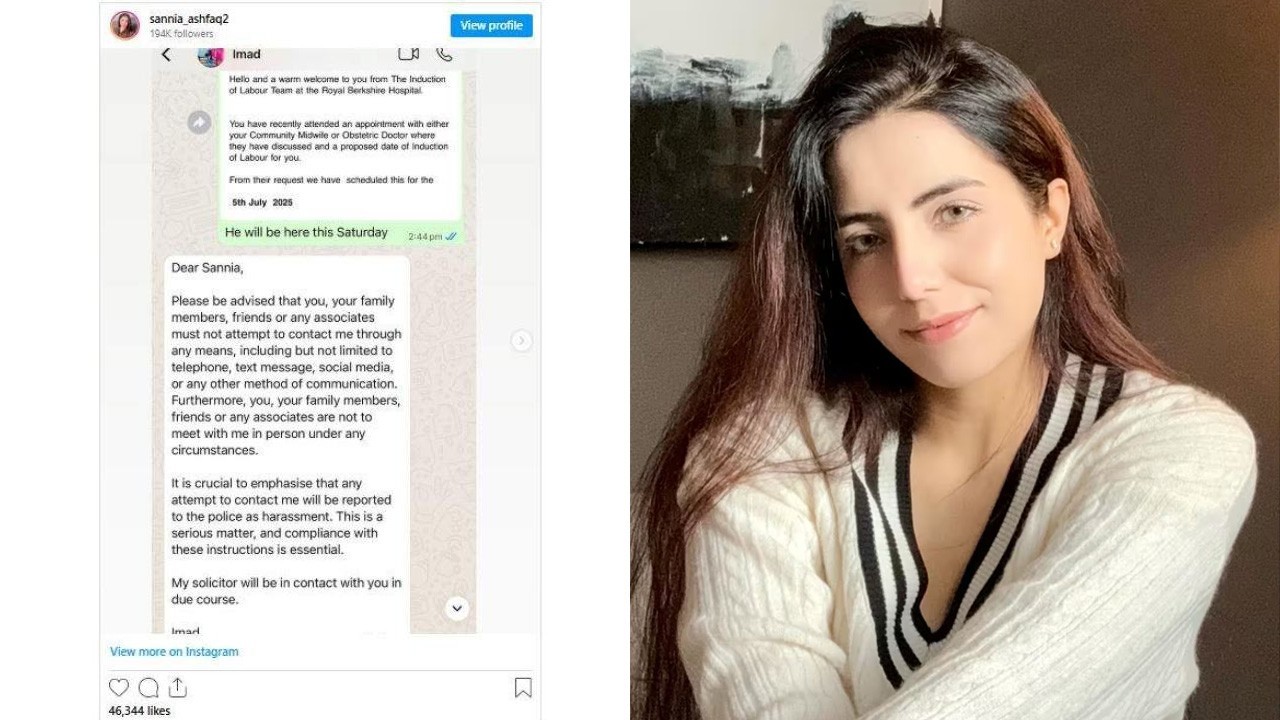
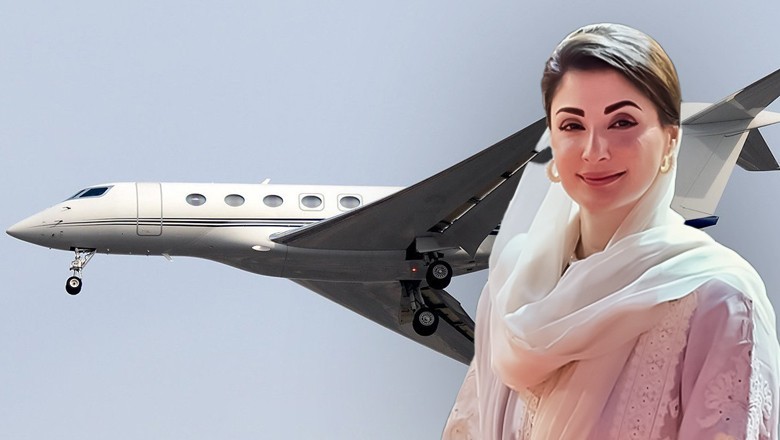
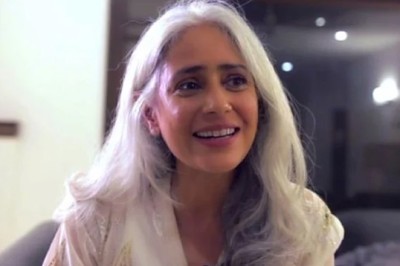
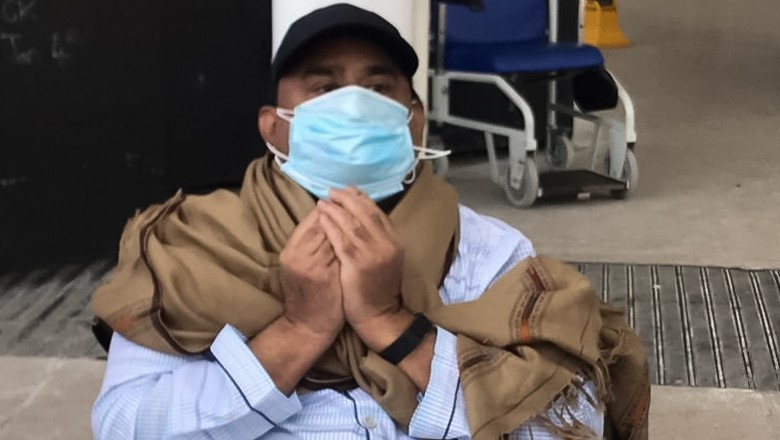
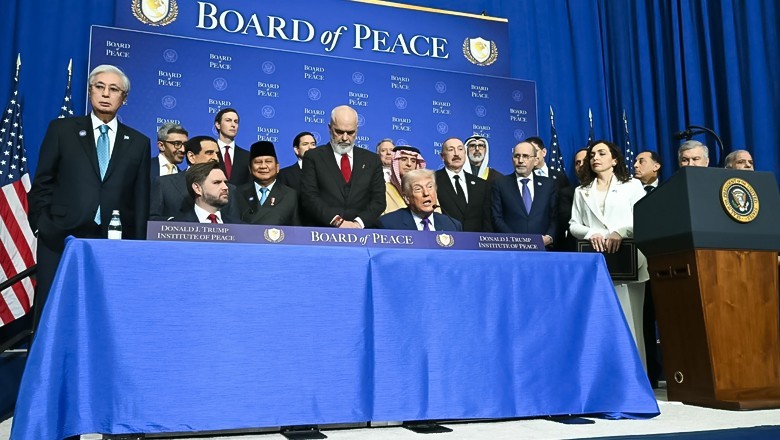
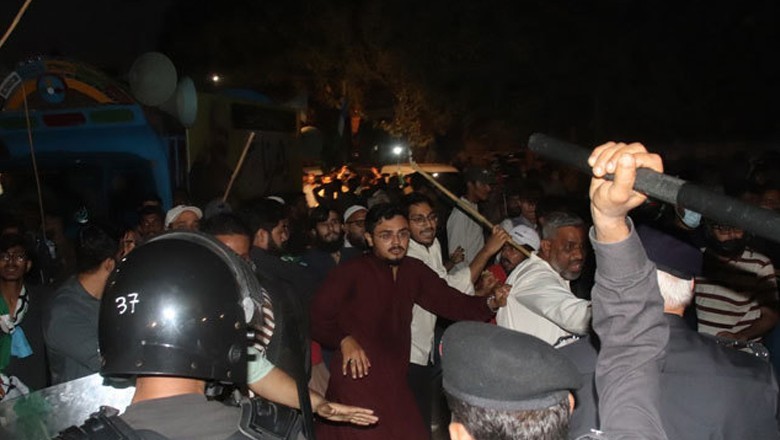

Comments
0 comment